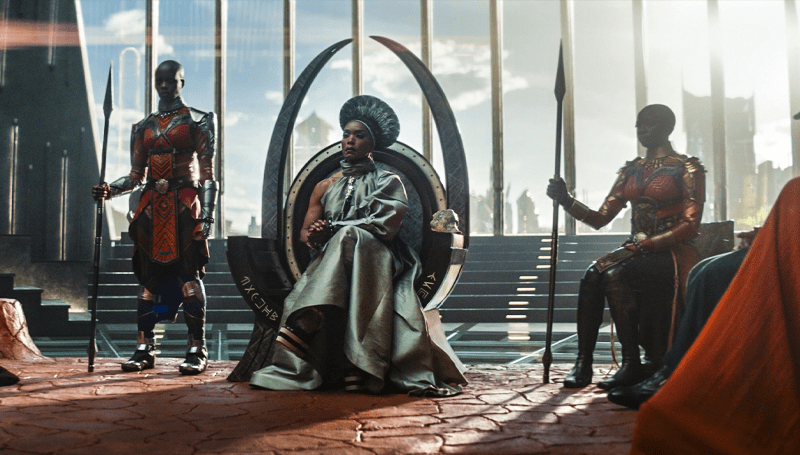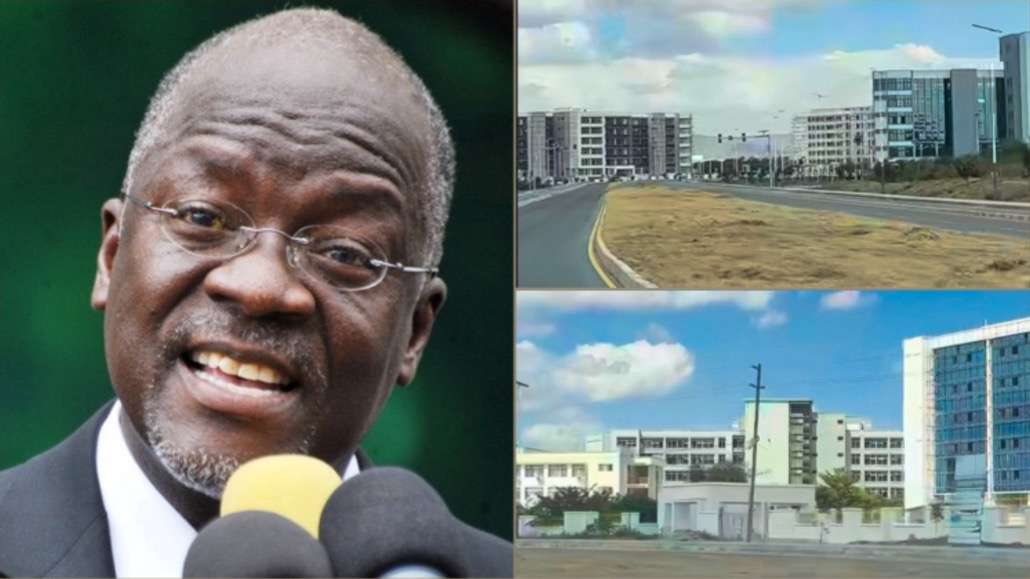Africa, often referred to as the “cradle of civilization,” is a vast and diverse continent known for its rich history, cultural diversity, and untapped potential. But what if Africa, with its 54 countries and over 1.3 billion people, were to rise to global prominence and take the reins as a dominant world power? In this visionary scenario, we explore how Africa could contribute to solving global challenges while fostering unity, respecting diversity, and promoting sustainability.
Solving Global Problems with African Solutions
Africa, as a global leader, would harness its unique experiences and expertise to tackle some of the world’s most pressing challenges. Drawing from its own history of resilience and creativity in addressing issues like poverty, hunger, and inequality, Africa would promote solutions that prioritize the well-being of people. The focus would be on universal access to quality education, food, and healthcare. Africa would share knowledge and best practices, cooperating with other nations to eradicate these global issues.
Sharing the World’s Wealth
Africans would champion equitable international trade and economic partnerships. They would work to create a world where resources and wealth are shared fairly, eliminating exploitation and trade imbalances. Fair trade practices would ensure that African nations are not only able to thrive economically but that they also uplift other regions by offering their knowledge and resources. The approach would foster a sense of collaboration, unity, and interdependence among nations.
Technological Advancements for Global Security
Africa would be at the forefront of technological advancements aimed at securing the world. Its cybersecurity expertise would be used to protect digital realms from threats, ensuring the safety of information and critical infrastructure. African diplomacy and mediation would be sought-after tools in resolving conflicts and strengthening international relations. The focus would be on promoting dialogue and peaceful resolutions, rather than military aggression.
Pioneering Health Solutions
Africa’s healthcare innovations would play a central role in addressing global health challenges. Collaborative research and accessible healthcare would be cornerstones of this effort. Africa would work alongside other nations to ensure that healthcare becomes a fundamental human right, transcending geographical boundaries. Innovations in healthcare delivery, disease prevention, and treatment would be shared globally, reducing disparities in health access.
Space Science and Exploration
African leadership in space science and exploration would propel humanity into new frontiers. Collaborative missions would involve various countries and organizations, expanding our understanding of the cosmos. This would be a symbolic and practical way of fostering unity in the quest for knowledge, reminding us that space exploration is a shared endeavor that transcends geopolitical divides.
Education for All
African leadership would place a strong emphasis on education as a fundamental human right. Recognizing the transformative power of knowledge, Africa would work to ensure that every individual, regardless of their background or location, has access to quality education. This commitment to education would extend from early childhood development to higher education and vocational training. Partnerships with other nations would facilitate the exchange of educational best practices, curricula, and technology, enriching global educational systems.
Inclusivity and Social Equity
Africa’s leadership would be characterized by a deep commitment to inclusivity and social equity. Policymaking would be informed by the principle that no one should be left behind. Efforts would be made to reduce inequalities in income, access to opportunities, and social services. Discrimination based on race, gender, religion, or any other factor would be actively challenged, creating a world where individuals are valued for their contributions, regardless of their backgrounds.
A Military Committed to Peace
Africa’s military forces would be characterized by their commitment to peacekeeping, humanitarian efforts, and disaster relief. Instead of focusing on aggression, they would actively contribute to global stability. Africa would be at the forefront of international peacekeeping missions, working to resolve conflicts and protect vulnerable populations.
Respect for Cultural Diversity
Africa would lead by example in respecting and celebrating cultural diversity. It would actively promote cross-cultural exchange, recognizing that a richer, more harmonious world can be built on mutual understanding and appreciation. Cultural heritage, traditions, and languages from every corner of the globe would be respected and embraced.
Uniting, Not Oppressing
African leadership would prioritize unity over oppression. It would actively reject any form of discrimination, oppression, or intolerance. The focus would be on uniting people and valuing their individuality, recognizing that our differences can be a source of strength and enrichment.
Equality as a Guiding Principle
Africa would advocate for universal human rights and equal standards of living for all. Poverty and discrimination would be seen not as isolated issues but as global challenges to be addressed collectively. This would entail a commitment to eradicating poverty, promoting gender equality, and ensuring that every person has access to the basic necessities for a dignified life.
Protecting Nature and Biodiversity
African leadership would champion sustainability, recognizing the importance of protecting the planet’s natural resources and biodiversity. There would be a strong commitment to international efforts to combat climate change, preserve ecosystems, and reduce pollution. Africa would work collaboratively with other nations to address global environmental challenges.
In this visionary scenario, Africa’s leadership would be characterized by its commitment to the welfare and unity of all humanity. The focus would be on cooperation, empathy, and sustainability, setting a precedent for a more equitable and harmonious global community. While this scenario may be aspirational, it highlights the potential for a world where shared values and collaborative efforts create a better future for all.
 The African History Truly African
The African History Truly African

